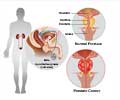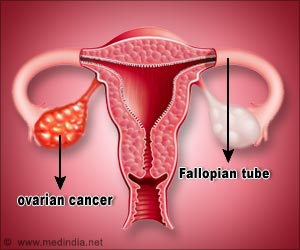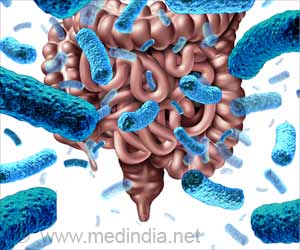rs72725854 variant at the PCAT2 locus is linked to a higher risk of prostate cancer predominantly in African-American men.

Diversity and scale: Genetic architecture of 2068 traits in the VA Million Veteran Program
Go to source). The study, one of the largest of its kind, utilized data from MVP, a longitudinal study of U.S. Veterans, with over 29% of the participants being of non-European ancestry. Researchers identified 13,672 specific regions in DNA that are associated with one or more traits, such as physical characteristics or health conditions. These regions, known as genetic risk areas, can influence the likelihood of a person having certain traits or developing certain diseases.
‘The rs72725854 variant at the PCAT2 locus, primarily found in African-American men, has been linked to a significantly higher risk of #prostatecancer.’





Unveiling Genetic Factors to Bridge Health Disparities
"Understanding the genetic factors underlying health disparities is crucial for developing targeted interventions and treatments that can benefit all people, regardless of their background," said the study’s corresponding author, Scott Damrauer, MD, an associate professor of Genetics at Penn and vascular surgeon at the Crescenz VA. “By uncovering these genetic insights across diverse populations, we are taking significant steps towards a more personalized and inclusive approach to healthcare.”It also revealed a novel gout risk variant, rs35965584, in the African-American population group, alongside the known variant rs2231142.
The study showed that the genetics of most traits are similar between groups of diverse people, but, certain groups do have their own distinct genetic features. They were able to find these differences more accurately, especially in African-American and mixed ancestry groups, thanks to improvements in how they analyze DNA, like fine mapping, which allows researchers to identify the exact genetic changes responsible for a particular trait or condition. The findings highlight the importance of including diverse genetic backgrounds in understanding the genetic causes of health disparities.
"Our work demonstrates overwhelmingly more similarities than differences in genetic associations between groups," said first author Anurag Verma, PhD, an assistant professor of Translational Medicine and Human Genetics and VA MVP researcher. "However, the unique genetic variations identified in diverse populations provide critical insights into health disparities and have significant implications for precision medicine."
“Biobanks like the MVP serve as a pivotal resource for generating new genetic association resources and insights. The findings from this inclusive and diverse study lay the foundation for future genetic research that will, first and foremost, help us better care for our nations Veterans – as well as their families, caregivers, survivors, and other non-Veterans. This was only possible due to the altruism and the diversity of participating Veterans,” said VA’s MVP Program Director, Sumitra Muralidhar, PhD.
Advertisement
- Diversity and scale: Genetic architecture of 2068 traits in the VA Million Veteran Program - (https://www.science.org/doi/10.1126/science.adj1182)















